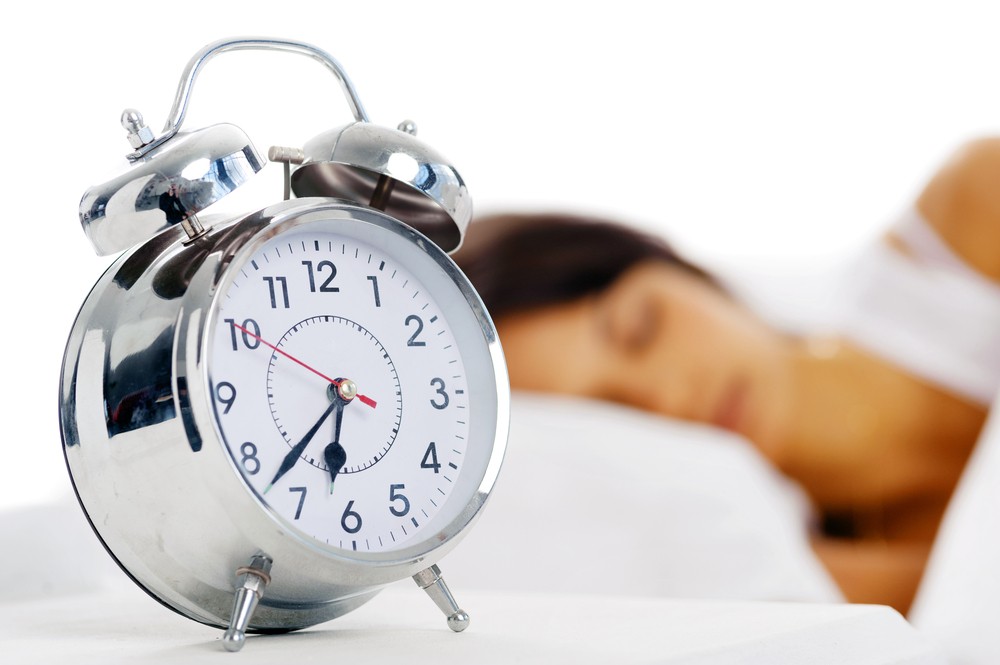Popular Reads
Top Results
Can't find what you're looking for?
View all search resultsPopular Reads
Top Results
Can't find what you're looking for?
View all search resultsDream sleep probably good for your health, research suggests
Change text size
Gift Premium Articles
to Anyone
R
apid Eye Movement (REM) sleep, the fifth and last stage of sleeping, is when the body is more active during sleep and when we start to dream.
During our dreams, the parts of our brain that are associated with movement, visuals, emotion and memory become more active; and the parts of the brain associated with logical thinking become inactive, which leads to wacky and silly dreams.
According to Time, psychologist Rubin Naiman describes the REM stage as the compiler and filter for the brain, so everything we experience in a day gets “chewed on and swallowed and filtered through while we dream, and either excreted or assimilated.”
Read also: Want to learn something? Sleep on it, but not too deeply: Study
REM sleep has apparent affects on our health. Several research studies have found it better equips one to judge a person’s facial expressions and cope with graphic imagery seen prior to sleeping. Studies have also shown that when a person has poor sleep cycles, they will be at a higher risk of developing Alzheimer’s or depression.
If you feel as if some dreams are just too short, you are not alone. Naiman has compared the feeling to “being abruptly ushered out of a movie theater whenever a film was nearing its conclusion.”
When you want to have a longer REM sleep, consider these general rules: sleep longer and avoid using hard substances such as alcohol or drugs. (ezr/kes)











